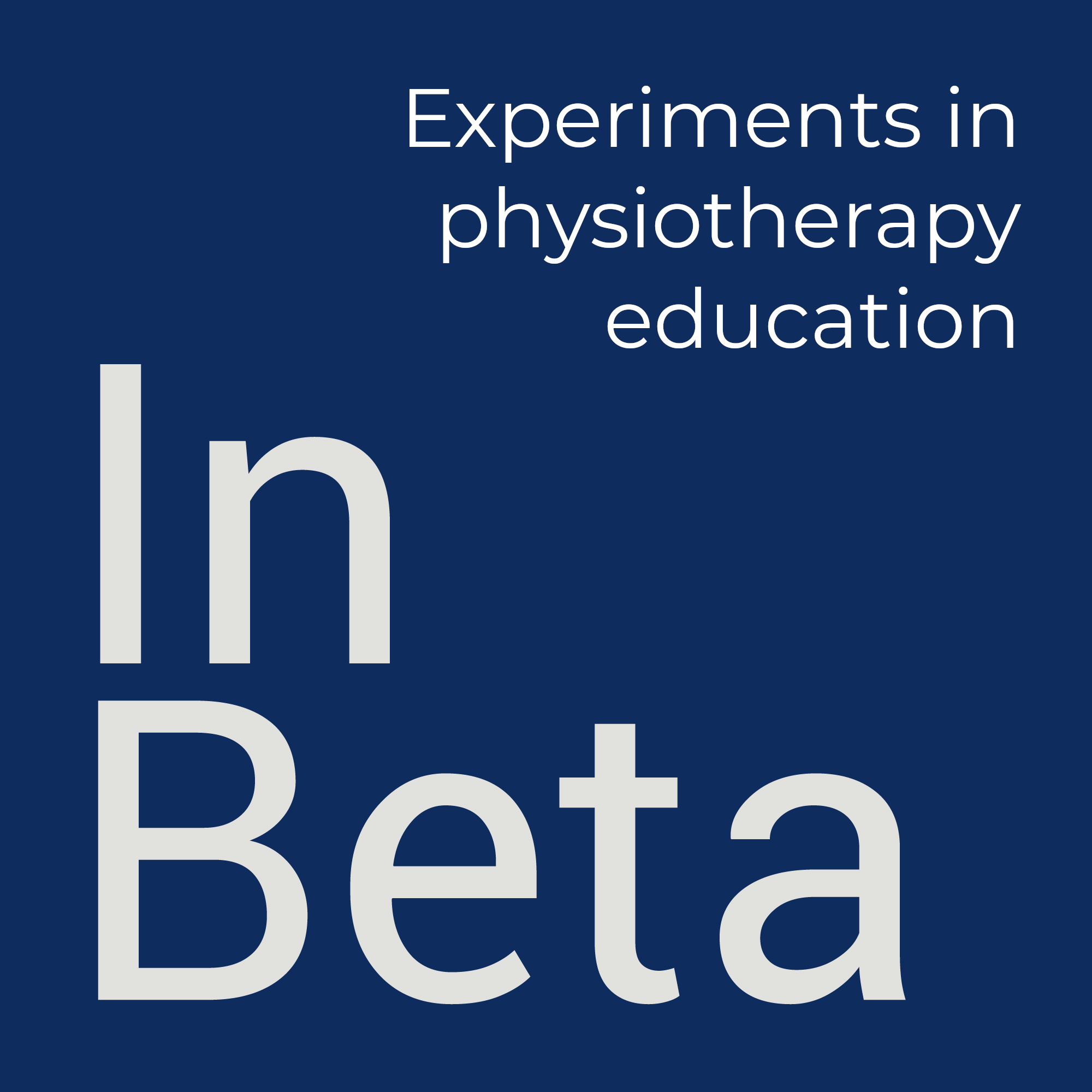Radical openness demands the classroom be a space for relationships and dialogue, at the expense of content, summative assessment, and so-called academic rigor.
Jesse Stommel
Introduction
Earlier this month the results of the National Survey of Students (NSS) was published. The NSS gathers students’ opinions on the quality of their courses and the results are used to inform prospective students’ choices, provide data to help improve the student experience, and support public accountability.
The results of the survey produce feelings of profound relief when students report that they are generally satisfied with their programmes, and deep levels of anxiety when they’re not. There are many concerns with the kind of data gathered by the NSS, the phrasing of questions, the specific information that’s gathered, and how the data are analysed. But, leaving all that aside, let’s assume that the NSS says something authentic about how students feel about their programmes and institutions, and work from there.
When students aren’t satisfied with some aspect of their curriculum, the typical response from institutions seems to be a knee-jerk reaction that’s directly connected to the area of concern. If a significant group of students report low levels of satisfaction with X, then all attention turns to X and a few tweaks are rolled out as part of an action plan to address the issue. Problem solved. Everyone can get back to work.
But I think it’s also useful to suggest that, instead of looking outward towards the curriculum for the solutions to low levels of student satisfaction, we can also look inwards and start asking the more difficult questions about our relationships with our students. Students may report that they are unhappy with their programmes but I think that there will be a strong correlation between poor satisfaction overall, and poor relationships with staff. Students will forgive a lot that’s wrong with the curriculum if they see that they are cared for, that they are valued, and that we are working in their service. I think that transparency, honesty, and vulnerability will get us further than timetable tweaks.
I hope that these resources help us to focus on how we think about our interactions with students, and how we might build better relationships with them. I think that, all else being equal, teacher-student relationships are by far the most important variable in supporting student learning.
Podcast
Kane, J., & Mushtare, R. (2020). Relationship-Rich Education (No. 161). Retrieved July 28, 2022
Many students enter our colleges and universities with hopes for a better future, but depart, often with a large burden of debt, before achieving their goals. In this episode, Peter Felton and Leo Lambert join us to discuss the importance of human connections in supporting students on their educational journey.
This is a great conversation about the kinds of stories shared by students when asked about the relationships that mattered to them. One of the points that resonated with me was the question around how to scale these relationships when you have more students than you can possibly care for. The answer is that we need to give up the idea that we’re the only ones who matter, and that students can form great learning relationships with a variety of people, including their peers. It’s our job to create environments that privilege relationships for learning.
See also: Relationship-Rich Education: How Human Connections Drive Success in College.
Article
Hagenauer, G., & Volet, S. E. (2014). Teacher–student relationship at university: An important yet under-researched field. Oxford Review of Education, 40(3), 370–388
…human beings are fundamentally and pervasively motivated by a need to belong, that is, by a strong desire to form and maintain enduring interpersonal attachments… quality relationships have an impact on human beings with respect to motivation, social competence and wellbeing in general, but also in regard to specific outcomes across different educational contexts.
…the article is organised in four parts:
- We address the quality of the Teacher-Student Relationship (TSR) in higher education
- We examine studies that have explored the consequences of TSR, focusing on the effect of TSR on students, as teacher effect is almost absent from empirical research.
- We discuss empirical work focusing on the development of TSR and describe how interactions, their frequency and quality may contribute to that process.
- We present a heuristic framework that brings together the aforementioned, and propose an agenda for future research on TSR.
A key takeaway for me after reading this article was only a relatively minor feature of the article itself but it struck me as being quite important. We spend a lot of time thinking about the effect of positive relationships on student learning but not as much time on the important impact of those relationships on staff wellbeing. We need to focus on these relationships, not only for the sake of our students, but for our own sakes as well.
Resource
Search Institute. (2018). Developmental Relationships Framework. Search Institute.
Search Institute has identified five elements—expressed in 20 specific actions—that make relationships powerful in young people’s lives. We refer to this as the developmental relationships framework.
- Express care: Show me that I matter to you.
- Challenge growth: Push me to keep getting better.
- Provide support: Help me complete tasks and achieve goals.
- Share power: Treat me with respect and give me a say.
- Expand possibilities: Connect me with people and places that broaden my world.
You can find a short list of the actions within each of the 5 elements listed above at the link in the title. And if you sign up for the newsletter (it’s free) you can get a nicely formatted, one page summary of the framework.
